The Centre for Capitalism Studies is made up of a Leadership Team, International Advisory Board and Affiliates.
Centre Director
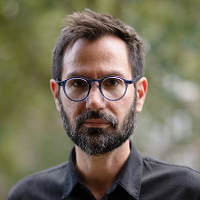
My research traces the multifaceted impact of global markets on everyday life and on our political imagination. I seek to develop a critical theory of finance and an alternative vocabulary with which to study overlooked practices of speculation and counter-speculation historically and at present. This work enters an exciting new stage with the establishment of the Centre for Capitalism Studies, which brings together leading scholars in the field, from UCL and beyond, to address these urgent questions.
Leadership Team
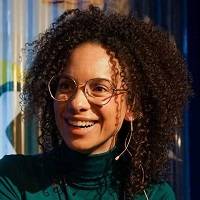
I’m an economist working on macroeconomics, development, and economics as a practice, profession and discourse. My interest in being part of the interdisciplinary UCL Centre for Capitalism Studies is to advance thinking on the historiography of capitalism and the role and legacies of the Transatlantic Slave Trade in economics and the economy. Part of this journey revisits the issue of value, wealth creation and distribution in economics, and pushes forward the work I co-started at D-Econ related to Eurocentrism in both the discipline of economics and our understanding of capitalism. The other part takes me to center decoloniality in my research and teaching, seeking to undo and resist the legacies of colonisation in our society, and develop and promote an understanding of the decolonising methodologies.
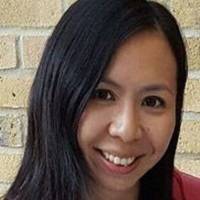
I’m an anthropologist who has carried out fieldwork with capitalist elites, including management consultants and fund managers, who play a central role in processes of financialization. I’m interested in their expert practices, how these are performed by drawing on and transforming the social. In particular, I explore how 'economic’ or ‘financial’ actions are enacted and legitimized through the invocation of local values and hierarchies of race, gender and nation. My research draws on feminist anthropology and studies of racial capitalism to analyse how inequality and difference are naturalized in capitalist imaginaries and narratives, which are invoked in practices of speculation, valuation and commensuration.
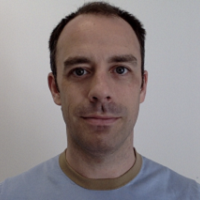
I am interested in worlding projects that deploy finance as both means and ends, and how such projects are redirected, subverted and actively opposed to achieve contextually specific pathways to inclusive and sustainable prosperity. My empirical research focuses on redefining prosperity in light of financial inclusion in Palestine and London. As part of this work, I am continually learning from the diverse scholarship conducted by my colleagues at UCL and brought together in the Centre for Capitalism Studies.
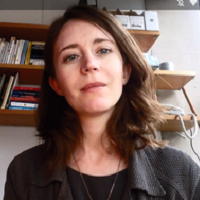
I'm an economic geographer, interested in explaining the valuing or devaluing of different spaces and forms of work. My research has investigated the financing and ownership of social infrastructures of care and housing (mostly in the UK), and what these mean for employment conditions and welfare. I take an intersectional feminist approach influenced by geographical political economy and 'diverse economies' scholarship, which looks for unevenness, variation and alternatives across time and space.
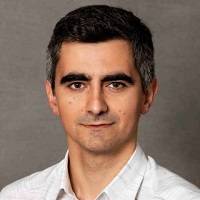
I’m a historian and sociologist of science interested in the intersection of economic expertise, public engagement and mass communication. I have studied the career of anti-capitalist approaches to economics in America in the long 1970s, paying special attention to the ways these radical economists contributed to movements for social justice. I have studied the development of genres of writing about the economy that have been more inclusive of the experiences of workers, women and racial minorities. And I have also interrogated the role played by business and financial journalism in the regulation of corporate capitalism.
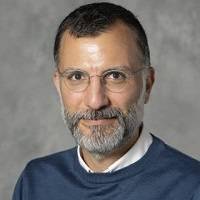
My research investigates the long-term interactions between financial globalisation, sovereignty, and political institutions, particularly within the peripheries of the global economy in the modern era. I have published extensively on the history of sovereign debt in the Middle East. My current research projects focus on different aspects of late-nineteenth century financial globalisation including the history of stock market development, colonial finance, and domestic debt.
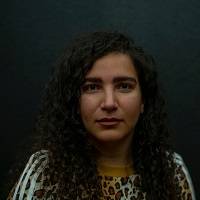
Bahar Noorizadeh looks at the relationship between art and capitalism. In her practice as an artist, writer and filmmaker, she examines the conflictual and contradictory notions of imagination and speculation as they suffuse one another. Her research investigates the histories of economics, cybernetic socialism, and activist strategies against the financialization of life and the living space, asking what redistributive historical justice might look like for the present. Noorizadeh is the founder of Weird Economies, a co-authored and socially-connected project that traces economic imaginaries extraordinary to financial arrangements of our time. She completed a PhD in Art at Goldsmiths, University of London where she held a SSHRC doctoral fellowship.
Centre Coordinator
Lucy Stagg (Institute for Advanced Studies)
Email: lucy.stagg@ucl.ac.uk
 Close
Close

